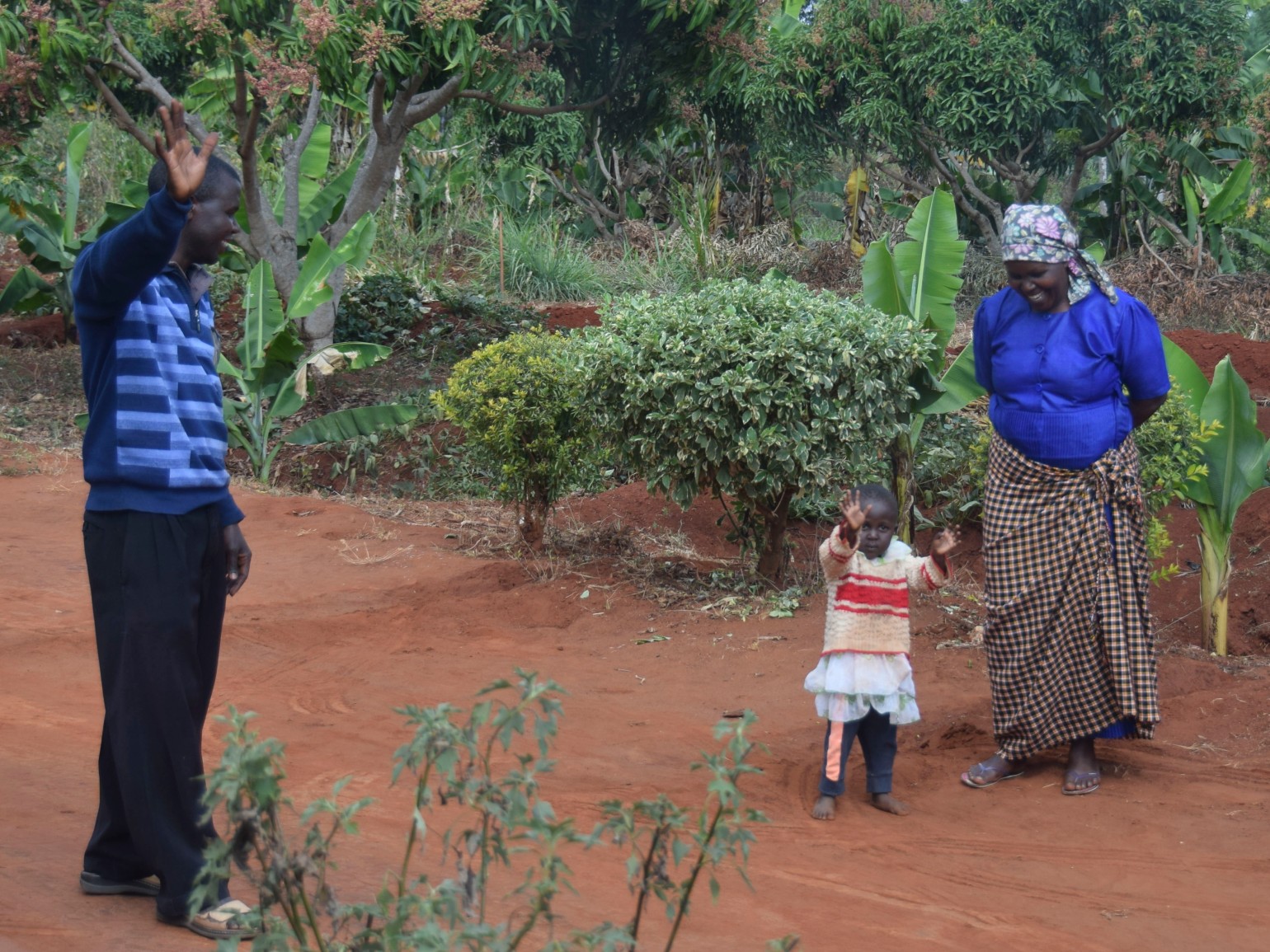The UN's International Fund for Agricultural Development (IFAD) aims to "invest in rural people, empowering them to reduce poverty, increase food security, improve nutrition and strengthen resilience". For many rural smallholder farmers, securing access to and control and management of water is essential to enhancing their livelihoods (FA0, 2008). Small-scale private pump irrigation can contribute to poverty reduction through a number of direct and indirect ways. These include higher yields and increased diversity of cropping, enhanced employment opportunities and a stabilising effect on the variability of output and economic activities, which generates benefits across economic sectors (Lipton, Litchfield and Faures, 2003)
 |
| A solar powered irrigation pump in Kenya (Credit: Futurepump) |
It has recently been reported that IFAD has crowdfunded simple and innovative solar power technologies for rural, low-income families in Malawi and Somalia. The bit that particularly peaked my interest was the development of solar-powered irrigation in Malawi as it seemed like a perfect example of the application of the Water-Energy-Food nexus approach which I have discussed previously in my blog.
In Malawi, food security remains a persistent issue; over 3 million people required food assistance in 2020 and generally one third of households fails to meet its daily per capita caloric requirement. Maize is a staple crop grown by over 90% of farming households but highly variable rainfall and a lack of irrigation infrastructure puts the country at risk of a food crisis. With IFAD's project, a solar irrigation system that can be operated and maintained by local communities will give water access to 30 farming families which will allow them to supply food to 12 surrounding villages (IFAD, 2020). Moreover, it can increase access to electricity (no longer being used to power irrigation pumps) whilst reducing the carbon footprint of production.
This falls into a wider conversation about how well-targeted, local and community-led solutions using sustainable technologies are necessary to lift rural smallholder farmers out of poverty and food insecurity. Critically, they need to be contextualised by local biophysical and socioeconomic factors. The instalment of solar-powered irrigation pumps in Kenya, led by the company SunCulture, is a parallel success story. The technology is easily maintained and affordable as it is operated through a mobile-phone based Pay-As-You-Go (PAYG) system. One farmer called Samuel, who purchased the RainMaker technology, said that it means he no longer needs to use a very costly diesel generator to pump water from his well and can grow a wider variety of crops that have a higher market price all year round as he is not relying on unpredictable rainfall.
 |
| Samuel and his family on his farm |
Large-scale irrigation schemes are tainted by a colonial legacy and have been shown to have detrimental impacts particularly in trans-boundary river basins where downstream riparians have not received a proportionate allocation of water. When they are community-based or private-market-driven by smallholders with low-cost technology, small-scale operations have benefited the livelihoods of rural farmers. So, is the mantra 'local solutions to local problems' the way forward? Lets keep exploring in this blog...

Comments
Post a Comment